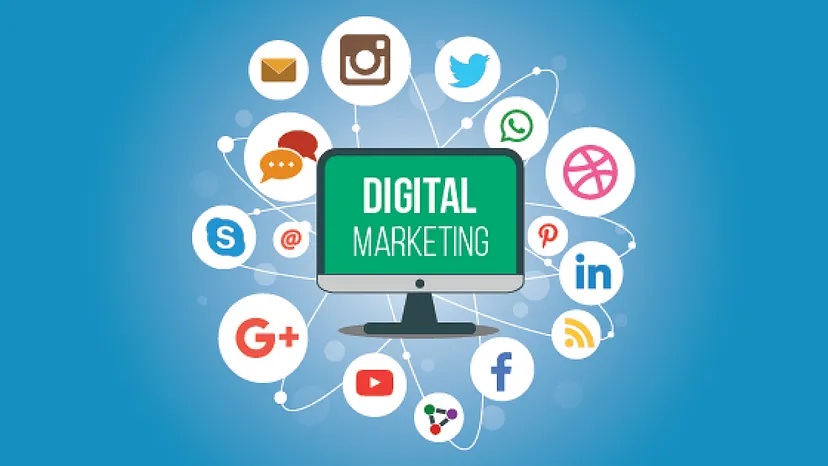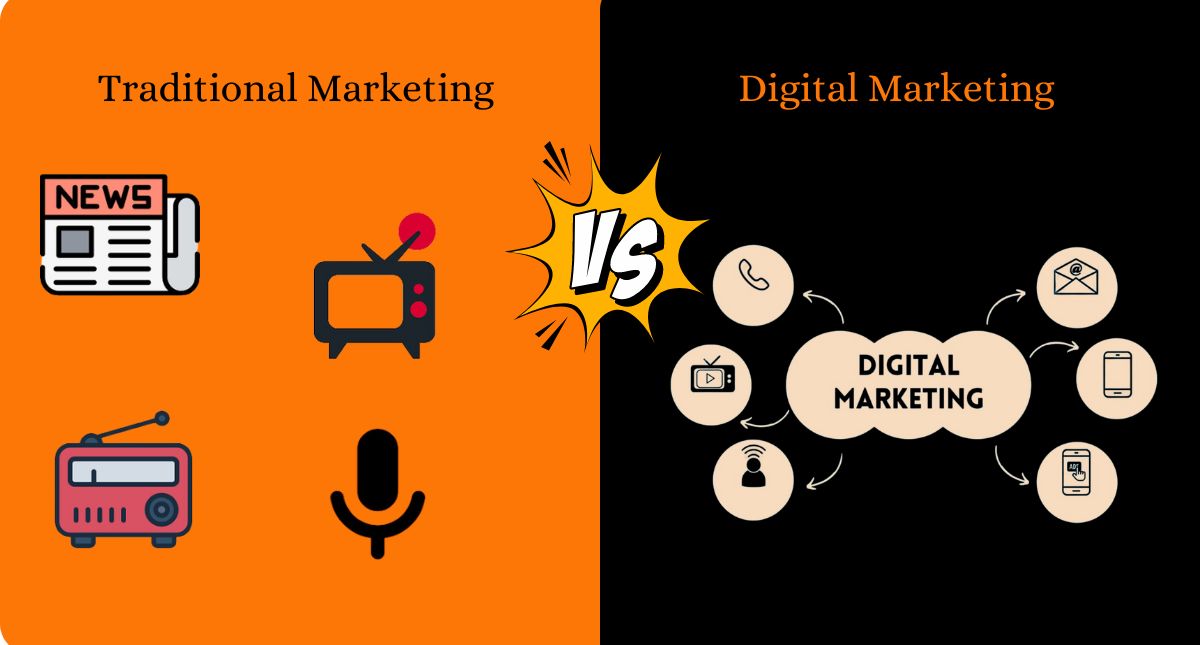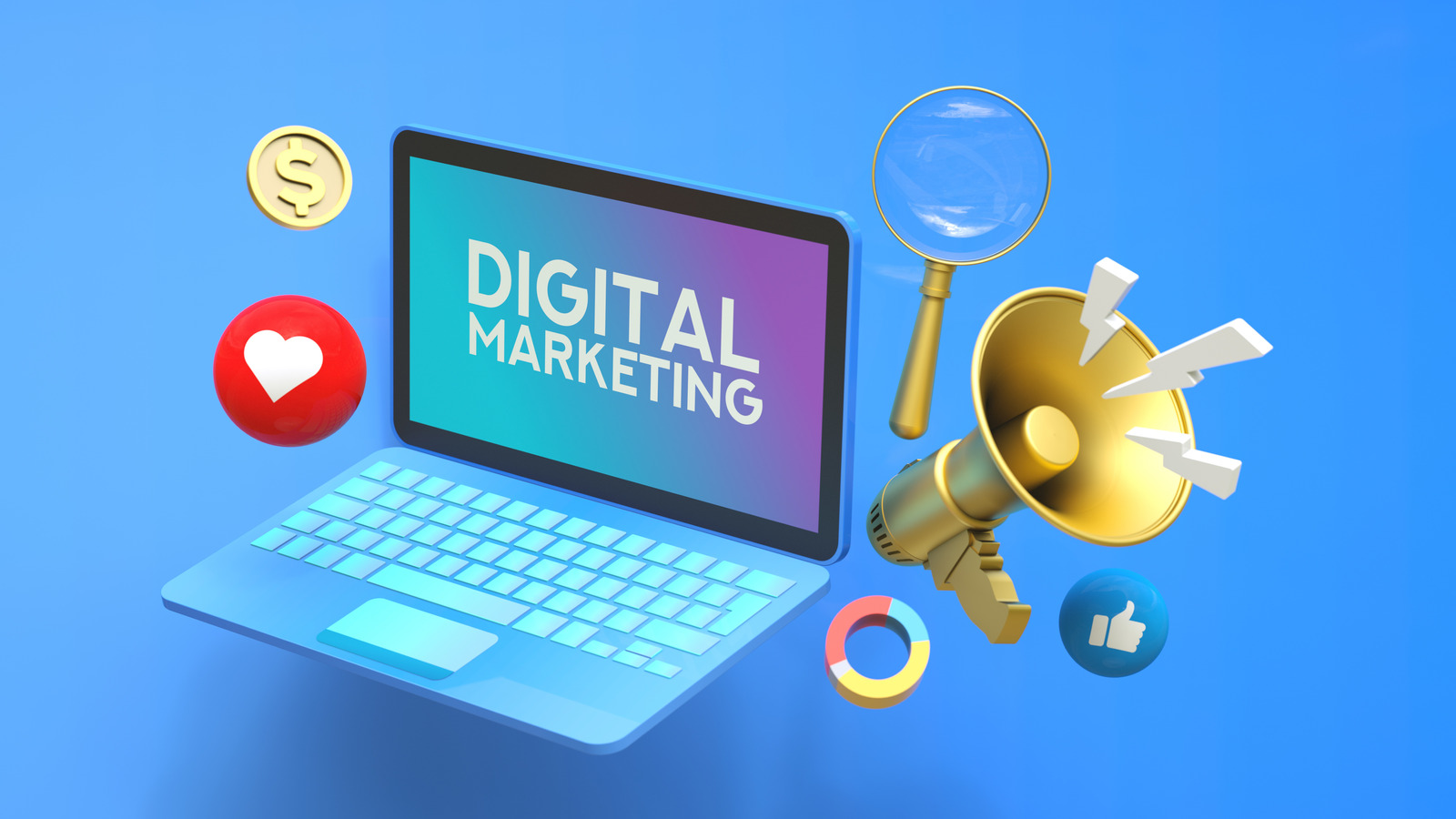
In today's digital age, the success of local businesses hinges not only on their physical presence but also on their digital footprint. As consumers increasingly turn to the internet to discover and evaluate local services and products, digital marketing has become a critical tool for local businesses to attract and retain customers.
Digital Marketing for Local Businesses
Here's why digital marketing is essential for local businesses and how it can transform their growth trajectory.
1. Enhanced Visibility
One of the primary benefits of digital marketing for local businesses is increased visibility. Local businesses can no longer rely solely on word-of-mouth and physical signage to attract customers. With effective digital marketing strategies, such as local SEO (search engine optimization), businesses can ensure they appear in search engine results when potential customers look for services or products in their area. By optimizing their Google My Business profile, using relevant keywords, and generating positive reviews, local businesses can significantly improve their online presence and visibility.
2. Cost-Effective Marketing
Digital marketing offers a more cost-effective solution compared to traditional advertising methods like print, radio, or TV ads. Small local businesses often operate on tight budgets, and digital marketing provides them with affordable options to promote their services. For instance, social media advertising allows businesses to set their own budgets and target specific demographics, ensuring they get the most value for their money. Pay-per-click (PPC) campaigns and email marketing are also cost-efficient strategies that can yield high returns on investment.
3. Targeted Advertising
One of the standout features of digital marketing is the ability to target specific audiences with precision. Local businesses can create highly targeted ads based on factors such as location, age, gender, interests, and online behavior. This ensures that marketing efforts are focused on reaching potential customers who are most likely to be interested in their products or services. For example, a local restaurant can target nearby residents with promotions during lunch or dinner hours, driving more foot traffic to their establishment.
4. Building Customer Relationships
Digital marketing provides numerous platforms for businesses to engage with their customers and build lasting relationships. Social media channels, such as Facebook, Instagram, and Twitter, allow businesses to interact directly with their audience, respond to inquiries, and share updates about their products or services. By consistently engaging with customers online, local businesses can foster a sense of community and loyalty. Additionally, email marketing enables businesses to send personalized messages, special offers, and updates directly to their customers' inboxes, keeping them informed and engaged.
5. Measurable Results
Unlike traditional marketing methods, digital marketing allows businesses to track and measure the performance of their campaigns in real-time. Tools like Google Analytics, social media insights, and email marketing software provide valuable data on key metrics such as website traffic, conversion rates, and customer engagement. This data-driven approach enables local businesses to make informed decisions, optimize their strategies, and achieve better results. By analyzing these metrics, businesses can identify what works best and adjust their marketing efforts accordingly.
6. Competitive Advantage
In a competitive market, digital marketing can give local businesses an edge over their competitors. Many local businesses are still hesitant to fully embrace digital marketing, providing an opportunity for those who do to stand out. By investing in a strong online presence, leveraging social media, and utilizing SEO, local businesses can differentiate themselves and attract more customers. Staying ahead of the competition requires a proactive approach to digital marketing and a willingness to adapt to changing consumer behaviors.
7. Mobile Accessibility
With the increasing use of smartphones, more consumers are searching for local businesses on their mobile devices. A well-optimized website that is mobile-friendly is crucial for capturing these potential customers. Digital marketing ensures that local businesses are accessible to mobile users through responsive website design, local listings, and mobile-friendly content. This accessibility enhances the customer experience and increases the likelihood of converting online searches into actual visits or sales.
Conclusion
In conclusion, digital marketing is no longer an option but a necessity for local businesses. It offers enhanced visibility, cost-effective solutions, targeted advertising, and the ability to build strong customer relationships. By leveraging digital marketing strategies, local businesses can gain a competitive advantage, measure their success, and ensure they are accessible to the growing number of mobile users. Embracing digital marketing is essential for local businesses to thrive in today's digital-driven world.
Latest Posts
-
Benefits of Digital Marketing Course in Jaipur
29 April 2025
-

SEO as a Career Option in India–Why to Choose It?
21 September 2024
-

Traditional vs Digital Marketing – 8 Differences Between These Two
09 September 2024
-

Digital Marketing for Local Businesses: Why it is Important?
27 August 2024
-

Importance of Digital Marketing in 2025
12 August 2024



